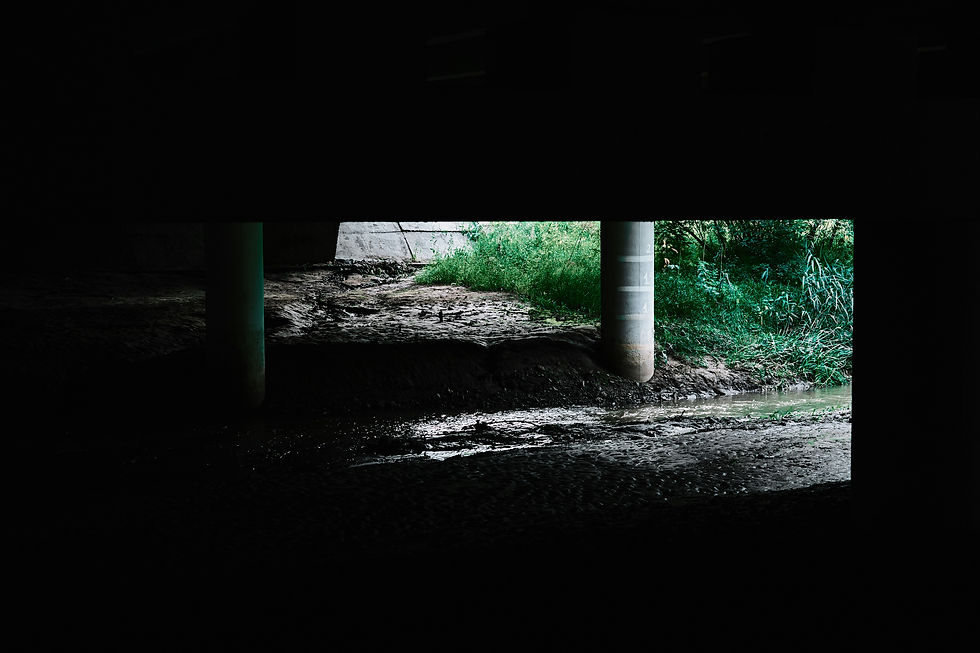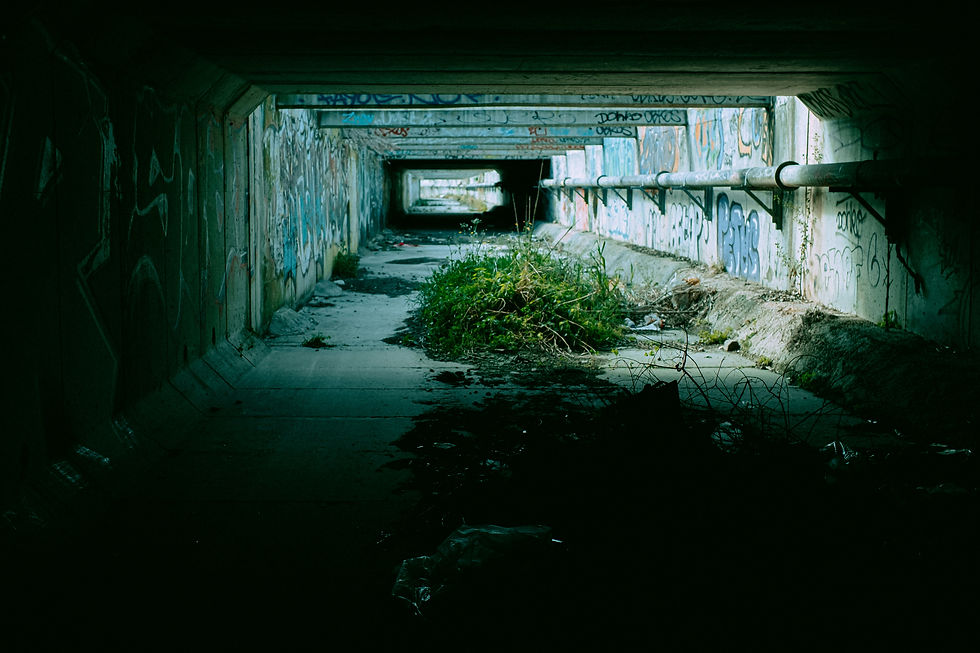
Open: 24 hours
1430 E Borchard Ave, Santa Ana, CA 92705
© 2025 White Glove Plumbing
Crawlspace Water Removal & Drying in Orange County, CA
Crawlspaces trap moisture fast��—inviting mold, wood rot, odors, and pest activity. White Glove Plumbing & Restoration delivers complete crawlspace water removal & drying: source fix, pump-out, debris removal, structural drying, sanitation, and optional encapsulation—so the problem stays gone.
✓ Rapid pump-out: We remove water fast
✓ Targeted drying: We hit safe moisture
✓ Source repair: We stop the cause
✓ Insurance docs: We handle claims
✓ Rapid pump-out
✓ Targeted drying
✓ Source repair
✓ Insurance docs



What Is Crawlspace Water Removal & Drying?
It’s a structured process to pump out standing water, stabilize humidity, and dry structural components (sill plates, joists, subfloor) to verified targets.
Because crawlspaces involve soil and limited airflow, we use submersible pumps, transfer lines, LGR dehumidifiers, air movers/ducted air, and vapor barriers—plus source correction (leaks, drainage, or softener/brine discharge issues).
Why Choose White Glove Plumbing
Plumbing + restoration, end-to-end: We fix the cause (leaks, softener/brine drains, broken lines) and the result (water removal, drying, repairs).
IICRC-guided mitigation: Moisture mapping, chambered drying, LGR dehumidifiers, and air movement sized for soil and structure.
Crawlspace experts: Clean access, safety protocols, debris removal, vapor barriers, and encapsulation options.
Carrier-ready files: Photos, moisture logs, sketches, and line-item estimates streamline approvals.



Quick Checklist (What to Do Now)
Limit entry—wet soils and joists can be unsafe.
Shut off nearby water (main or appliance valves) if a leak is suspected; set any softener to bypass.
Reduce irrigation and redirect downspouts away from the foundation.
Take quick photos around the foundation vents and any visible pooling.
Call our 24/7 dispatcher—we’ll assess and start safe water removal.
Common Causes We Handle
Leaking supply lines or failed hose bibbs within/adjacent to the crawlspace
Water softener brine drain/standpipe misrouted to crawlspace or backing up nearby
Downspouts and grading sending stormwater under the home
Burst pipes, slab leaks, or appliance lines above the crawlspace
Irrigation overspray/line breaks saturating foundation soils
HVAC condensate or overflow into the crawlspace
Safety, Source Control & Assessment
Confirm electrical safety, protect entry, and isolate the source (shutoffs; softener to bypass if implicated). Map wet zones with meters and IR; plan access.
Pump-Out & Gross Debris Removal
Deploy submersible pumps and transfer lines; remove standing water and contaminated debris/insulation; bag and stage for lawful disposal.
Moisture Mapping & Drying Plan
Record soil/wood moisture and ambient RH/GPP; set drying targets for joists/subfloor; decide on chambers, ducted air, and equipment counts.
Chambered Drying & Air Management
Install vapor barriers/poly as needed to isolate soils; set LGR dehumidifiers and air movers (or ducted air) to drive evaporation; add HEPA filtration if indicated.
Sanitization & Daily Monitoring
Apply category-appropriate antimicrobials on affected surfaces; log psychrometrics and material moisture daily; adjust gear for speed and safety.
Verification, Prevention & Close-Out
Confirm dry standards with final readings/photos; recommend or install encapsulation, drainage corrections, or softener/brine reroutes; provide a completion packet.
What’s Included
Pump-out & transfer lines to remove standing water
Moisture mapping & written drying plan (soil/wood/air)
Chambered drying with LGR dehumidifiers and directed airflow
Antimicrobial treatment and debris/insulation handling
Vapor barrier/spot encapsulation (as scoped) and odor control
Insurance documentation (photos, logs, sketches, final verification)

Costs & Timelines (What to Expect)
Typical duration: Many clean-water crawlspace dry-outs complete in 2–5 days; heavy saturation or contaminated soils can extend timelines.
Cost drivers: Access constraints, pump-out volume, soil moisture, equipment day counts, insulation removal/replacement, and prevention upgrades (vapor barrier/encapsulation, drainage).
Transparent estimate: You’ll see a line-item scope before work begins; we keep your carrier synced with the same documentation.

Insurance & Claims Help
Resulting damage from sudden leaks is often insurable; grading/drainage improvements are usually owner upgrades.
We provide carrier-ready files: photos, moisture logs, sketches, and line-item estimates.
Supplements are documented if hidden damage, code items, or encapsulation is approved as part of mitigation.

Risks of Waiting (Why Immediate Extraction Matters)
Mold and wood decay escalate quickly in high humidity.
Structural degradation of joists/subfloor increases repair scope.
Odors & pests thrive in damp crawlspaces.
Corrosion & HVAC issues (duct sweating, poor IAQ) become chronic.

Crawlspace Drying Methods, Equipment & Targets
Standards: IICRC-guided mitigation; water Category 1–3, Class 1–4.
Targets: Crawlspace ambient RH < 60% (often lower for speed), subfloor/joists to local baseline MC (wood commonly 12–16%, material dependent).
Equipment: Submersible pumps, transfer hoses, LGR dehumidifiers, axial/centrifugal air movers, ducted air runs, HEPA scrubbers when indicated.
Controls: Poly vapor barriers, temporary chambers, negative pressure as needed; odor control and ventilation management.
Verification: Meter photos, psychrometric logs, and final sign-off; prevention plan (encapsulation, drainage, softener/brine corrections).
Frequently Asked Questions
Do you always recommend encapsulation?
Not always. We recommend full or partial encapsulation when ongoing humidity or soil conditions warrant it.
Will you remove my insulation?
Only if saturated or contaminated. We replace insulation after drying when appropriate.
Can you fix the cause, too?
Yes—leaks, softener/brine routing, hose bibs, and irrigation issues are addressed by our plumbing team; drainage fixes are scoped as needed.
Do you treat for mold?
We apply antimicrobials during mitigation and can provide separate mold remediation if growth is present.
Is crawlspace access required?
Yes. We create clean, safe access and follow crawlspace safety protocols.
Do you work with HOAs and property managers?
Absolutely—clear documentation, photos, and coordinated scheduling.

More White Glove Plumbing Water Damage Restoration Services
Proudly Serving All of Orange County
Address: 1430 E Borchard Ave, Santa Ana, CA 92705
Phone: (949) 209-5206
Email: office@whitegloveplumbingca.com
White Glove Plumbing is locally based in Santa Ana and serves residential and commercial clients across Orange County with 24/7 emergency plumbing and water-damage restoration.
Our expert team handles leak detection, emergency plumbing, water extraction/dry-out, sewage cleanup, mold remediation, and reconstruction in top OC areas including Irvine, Anaheim, Santa Ana, Orange, Tustin, Costa Mesa, Newport Beach, Huntington Beach, Mission Viejo, Lake Forest, Fullerton, Yorba Linda, Laguna Beach, Dana Point, and San Clemente - plus surrounding neighborhoods.
Let’s start a conversation
Book Your Free Consultation call Now
Contact us:
CALL (949) 209-5206
1430 E Borchard Ave, Santa Ana, CA 92705

